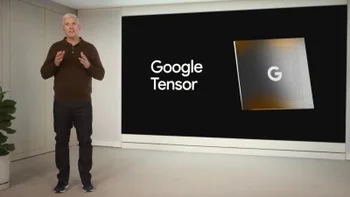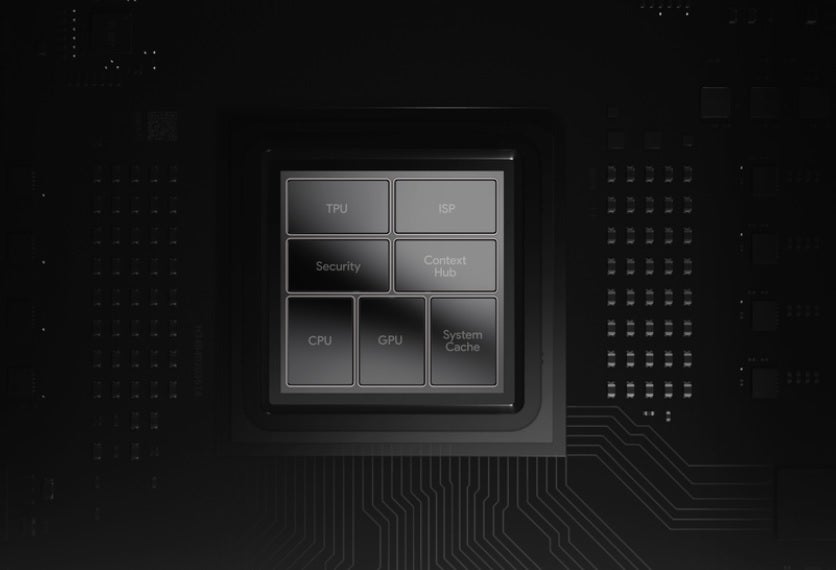Samsung reportedly has started testing the third-gen Google Tensor for next year's Pixel 8

The first generation Google Tensor chipset can be found inside the three Pixel 6 handsets: the Pixel 6, Pixel 6 Pro, and the mid-range Pixel 6a. The sequel to Google's first in-house chip, the second-generation Tensor, will be powering the Pixel 7 and the Pixel 7 Pro which are expected to be unveiled in October. And the Pixel Tablet, set for a 2023 release, will have the Tensor 2 or the Tensor 3 under the hood.
According to GalaxyClub (via 9to5Google), the third-generation Tensor chip is being developed and is going through some early testing right now by Samsung. The rumor is that the third-gen Tensor chip will have the codename of "Ripcurrent" (which is not a good codename for a power generator since you might construe it as RIP Current) and is model number S5P9865. The second-gen Tensor is known as "Cloudripper" and is model number S5P9855 compared to the S5P9845 model number of the original.
The first Tensor was a lot more Exynos than Google resulting in some issues that Samsung's Exynos components have been known to exhibit such as connectivity problems, and the propensity to run hot. The second-generation Tensor is expected to still lag behind Qualcomm's current top-of-the-line Snapdragon 8+ Gen 1 chipset, and the hope is that the third-generation version will close the gap that exists between Google's in-house chip and Qualcomm's most powerful Applications Processor (AP).

The first generation Google Tensor chipset
It's not known what Google's plans are long-term for the production of the Tensor line. Google wanted to design its own chip to give it more AI capabilities for the Google Pixel phone line. This way the company wouldn't be hindered by the capabilities available with chips "purchased off the shelf." Over time, we'd expect Google to have a bigger say in the design and manufacturing of the component.
The original Google Tensor chip was built by Samsung Foundry using its 5nm process node, and the second-generation Tensor will be manufactured by Samsung using its 4nm process node. It is possible that the third-generation Tensor chips will be made using Samsung Foundry's 3nm process node. The lower the process node, typically the smaller the transistors used in the chip allowing for a higher transistor count. And the higher the transistor count, the more powerful and energy-efficient a chip is.
The first-generation Google Tensor chip features two ARM Cortex-X1 performance cores (2.80GHz), two ARM Cortex-A76 cores (2.25GHz), and four ARM Cortex-A55 cores (1.80GHz). We could see the third-generation Google Tensor chip debut on next year's Pixel 8 series.












Things that are NOT allowed: